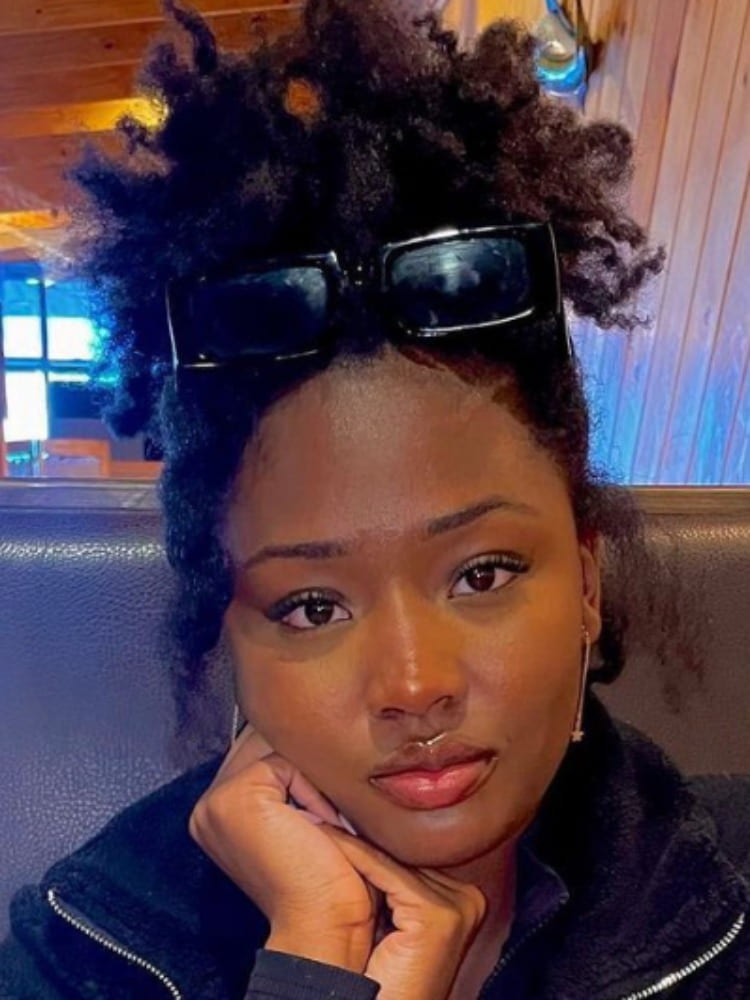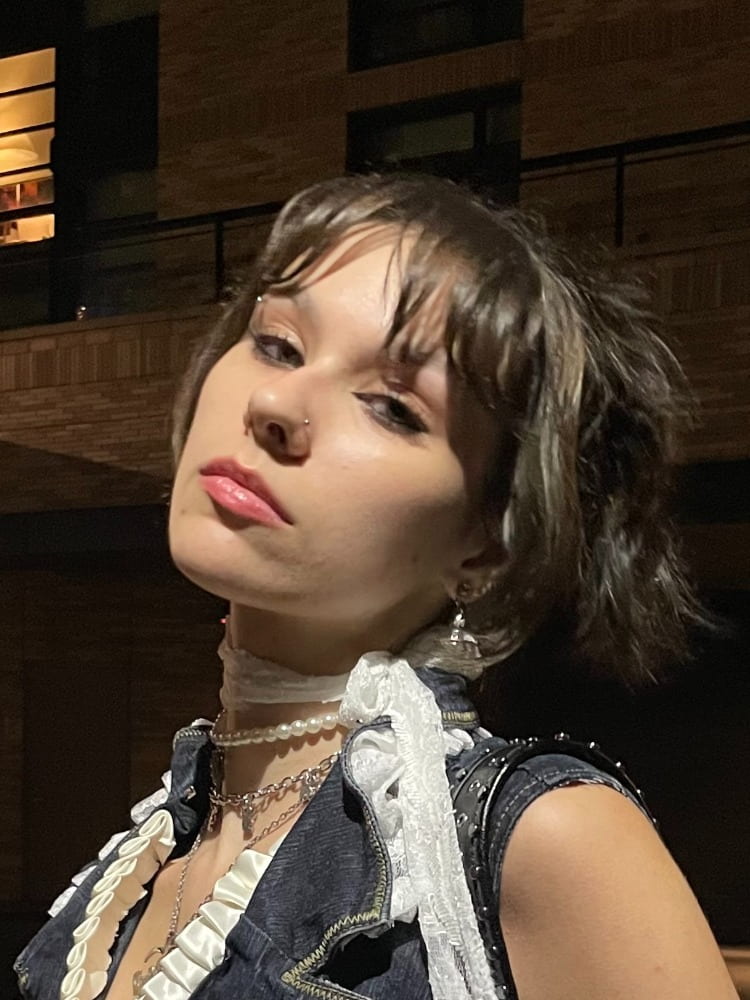Current Honorees
The works below were written by first-year students in the Composition Program at the University of Massachusetts Boston, selected for publication by Composition Program faculty serving on the Undercurrents editorial board. Please click About the Journal to learn more about Undercurrents, or click the links below to enjoy our 2023 selections.
Jackelyne Abranches’s Who is Getting Left Out?: Breaking Down Language Barriers in Healthcare
“Language barriers have a significant impact on the quality of care a patient receives, particularly in a country where 64.7 million people speak another language other than English.”
Mahdi Almosawi’s The Future of AI in the Classroom
“The negatives AI brings to writing are just a side effect of change. It has not been adapted to yet, and when it is properly implemented into schools, it will become a very helpful tool for both teachers and students alike.”

Armani Dure’s The Practicalities of Code-Switching
“Even though we as people of color acknowledge that code-switching being a necessity is overall racist, I believe we do so anyway because it gives us an advantage.”

Maxine Freda’s Teachers are Encouraging Bullshit: A Response to Kylie Medieros
“Students are expected to present themselves as experts on whatever they are writing about, regardless of their credibility. This rhetorical move, inherently in itself, is bullshit, a total lie.”

Lynn-sarah Georges’s Do You Know Who You Are When You Write?
“They taught me that when I write I gotta be in the voice of a middle-aged white man, with racks in the bank, multiple estates, a successful business, and maybe some kids.”

Avery Knott’s Who are the “Chronically Online” and What Can They Teach Us About Public Discourse?
” Most of the average person’s waking hours are spent consuming information from an internet that is designed to parrot back one’s own ideas and thoughts, leading to a radicalization of thought that is disconcerting and widespread.

Madeline Murphy’s Life’s a Fashion Show (If You’re a Teenage Girl)
“Because the patriarchy demands that our bodies be left on an eternal display (for a never-blinking, never-ending audience of men), our clothes take center stage in the performance of teenage girlhood.”

Gavin Pereira Scoccia’s Schooling and its Effects on Neurodiverse Authority
“Creating an environment that actively dismisses the authority of neurodivergent students is a perpetuation of ableism. In almost all cases, it is not the neurodivergence of the student that contributes to their academic failure, but rather the academy itself.”

An Tran’s The Case Against the Five-Paragraph Essay
“With the Five-Paragraph formula, students have internalized that schools don’t actually care about what you have to say. We’ve accepted this after tireless usage of the format. We’ve had new ideas but have been told not to chase them.”

